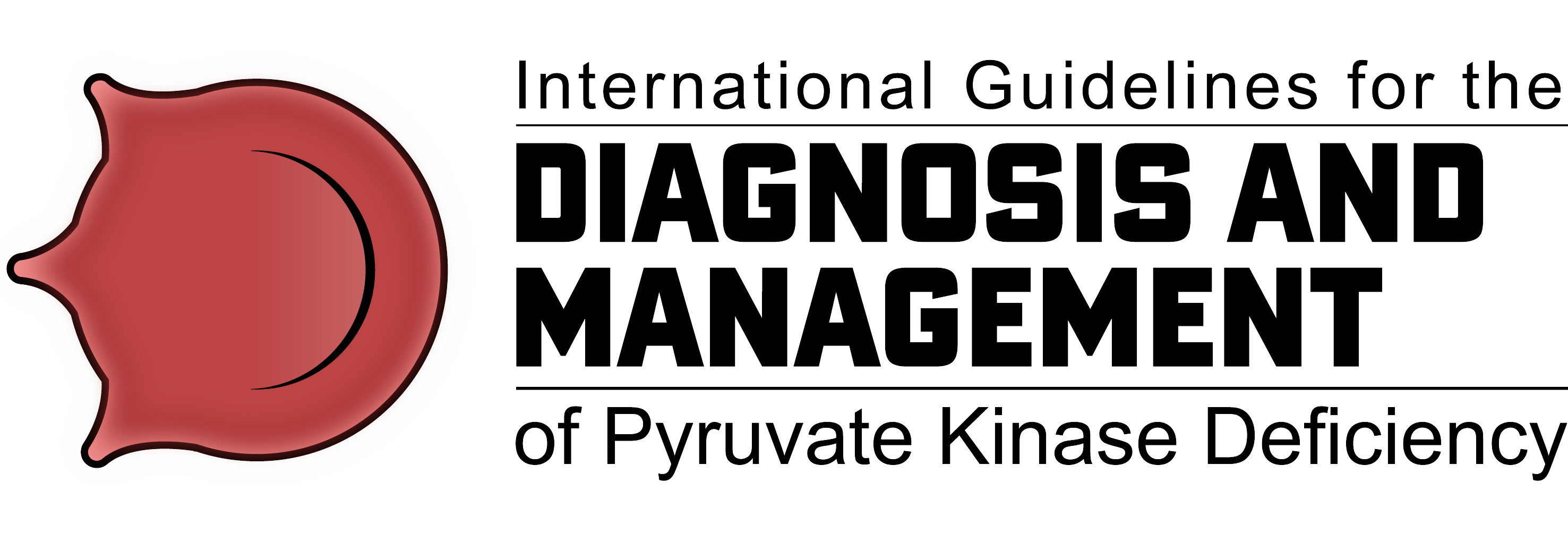Your family health history holds vital clues to your own well-being. It acts as a roadmap, showing possible risks for diseases and health conditions. By understanding it, you can take steps to manage potential issues early. This is why regular screenings and targeted treatments, like PK deficiency services, are essential.
The Role of Family Health History
Your genes carry information from your parents. They determine physical traits and also affect your health. If a condition runs in the family, you may have a higher risk of developing it. Examples include diabetes, heart disease, and certain genetic disorders like PK deficiency. Understanding these risks is the first step toward prevention.
Family health history is not just about inherited genes. Shared habits, environments, and diets also contribute to your health. If unhealthy lifestyles run in the family, they could influence your choices too. But awareness can lead to change.
Why Screening is Essential
Screening is a powerful tool. It helps detect potential health issues before symptoms appear. If your family has a history of certain illnesses, early screening can save lives. It’s especially crucial for rare conditions like PK deficiency. This condition, often inherited, affects red blood cell production. Early detection means early treatment.
When doctors know your family health history, they can tailor screenings to your needs. This personalized approach ensures nothing is overlooked. It also makes treatments more effective. Regular check-ups and tests can prevent complications and improve quality of life.
Understanding PK Deficiency
PK deficiency, or pyruvate kinase deficiency, is a genetic condition. It affects the body’s ability to produce energy in red blood cells. This leads to hemolytic anemia, where red blood cells break down faster than normal. Symptoms include fatigue, jaundice, and an enlarged spleen. If left untreated, it can cause severe complications.
Treatment options vary depending on severity. Mild cases might require no treatment. However, severe cases may need blood transfusions, medications, or even a spleen removal. Screening is crucial for identifying this condition early. Specialized PK deficiency treatment services offer targeted care for affected individuals.
How Genetics Influence Your Health
Genetics plays a vital role in determining your susceptibility to certain conditions. Traits inherited from parents can either protect you or put you at risk. For example, some people inherit genes that lower their risk of heart disease, while others may carry genes that increase it. Understanding these genetic patterns helps you focus on the right areas of your health.
In the case of PK deficiency, the condition is passed down through specific genetic mutations. Both parents must carry the defective gene for their child to develop the disorder. This highlights the importance of genetic counseling and testing when planning a family, especially if there is a history of rare conditions.
Environmental and Lifestyle Factors
While genetics are important, they are not the sole factor influencing health. Your environment and lifestyle also play a significant role. Shared family habits, such as eating patterns, exercise routines, and even stress management techniques, can affect your well-being.
For instance, a family with a history of unhealthy eating habits may face higher risks of obesity and related conditions. However, these risks can be mitigated by making conscious lifestyle changes. Incorporating regular exercise, adopting a balanced diet, and avoiding harmful habits like smoking can significantly improve outcomes.
The Importance of Communication
Talking openly about family health history is essential. Many families avoid discussing health issues, but breaking this silence can save lives. Share what you know about illnesses, surgeries, or chronic conditions that relatives have experienced. Encourage other family members to do the same.
This information can help your doctor create a comprehensive health profile. It allows for better risk assessment and personalized recommendations. When everyone in the family is informed, they can take collective steps toward better health.
The Power of Preventive Care
Preventive care goes hand-in-hand with family health history. It involves steps to reduce risks and improve overall health. For example, if your family has a history of heart disease, you can focus on a healthy diet and exercise. If PK deficiency is in your family, regular screenings are key.
Preventive care also includes vaccinations, lifestyle changes, and regular health monitoring. By staying proactive, you can minimize the impact of inherited conditions. Doctors and healthcare providers can guide you in creating a personalized care plan.
Advances in Medical Science
Modern medicine has made significant strides in managing inherited conditions. Genetic testing and screening technologies are more advanced than ever. They can identify risks with remarkable accuracy, even for complex conditions. For PK deficiency, specialized treatment services offer tailored care based on individual needs.
New therapies, such as gene editing and enzyme replacement, are being explored for genetic disorders. These advancements offer hope for families dealing with inherited conditions. Staying informed about these developments can help you make better decisions for your health.
Breaking the Cycle
Family health history does not define your future. Knowing your risks empowers you to take control. You can make informed choices to protect your health. Screening for family health and seeking expert care are essential steps.
Modern medicine offers advanced treatments for inherited conditions. PK deficiency treatment, for instance, provides hope for affected families. Combining medical care with healthy habits can transform your outlook. Small changes, like eating balanced meals or staying active, can make a big difference.
Conclusion
Your family health history is a powerful tool for understanding your own well-being. It helps identify risks and guides preventive care. Screening and targeted treatments, like PK deficiency services, play a crucial role in managing inherited conditions. By staying proactive, you can turn knowledge into action and ensure a healthier future for yourself and your loved ones.

